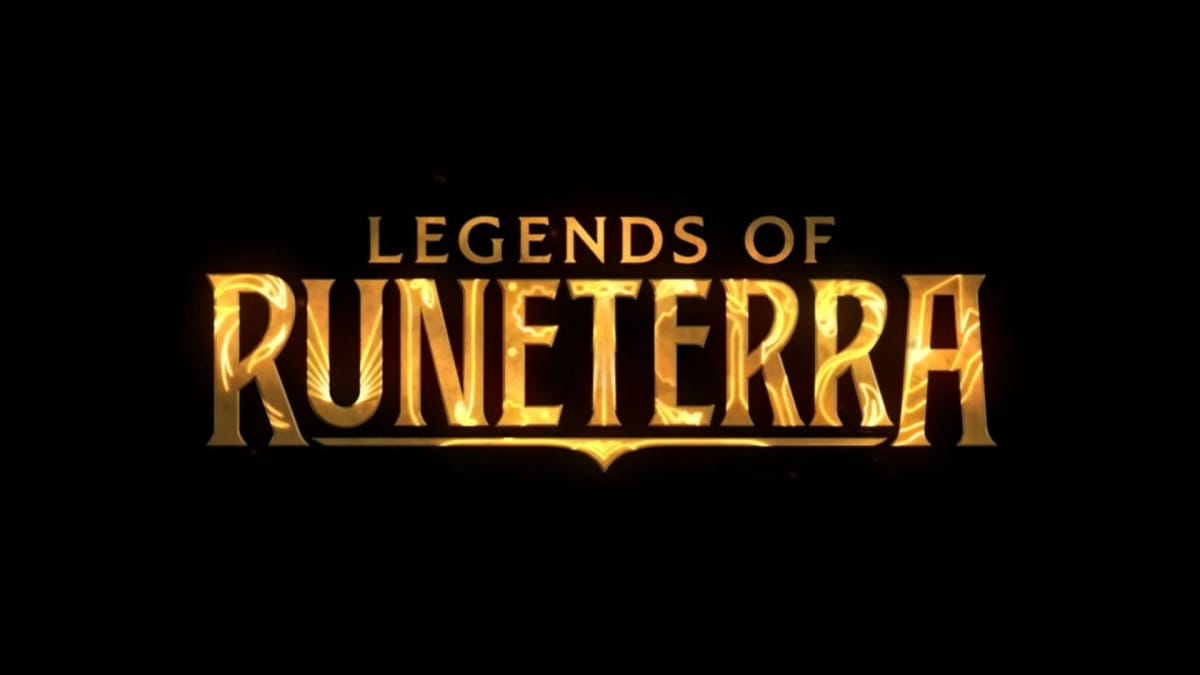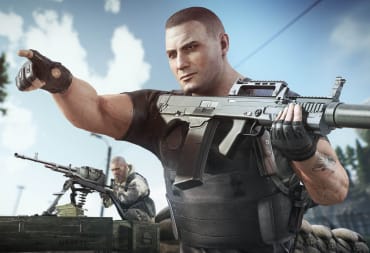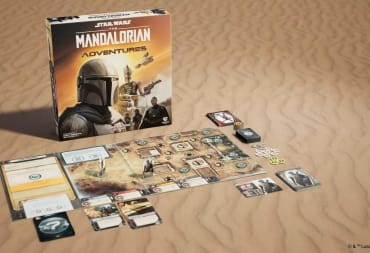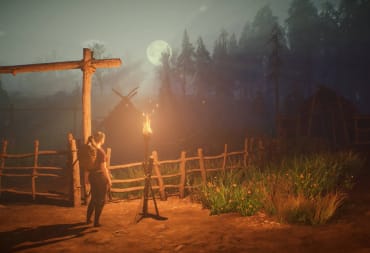Life is good if you're a collectible card game fan. Magic: the Gathering finally has a spectacular digital version. Hearthstone is over a dozen expansions deep now. And don't even get me started on how underrated Elder Scrolls: Legends is. The genre is practically a utopia right now, and one that Riot Games understandably wants to enter with Legends of Runeterra, the CCG based on their flagship game League of Legends. But with all these delectable spell-slinging options at our fingertips, one can't help but ask: is there really have enough space in our lives for another CCG? If it's Legends of Runeterra, then yes.
Legends of Runeterra: Back and Forth and Back Again
Legends of Runeterra is a game about action and reaction. In most card games, your turn is largely your own, and you're free to do as much on that turn as you want. You can play as many cards as you're able to, attack with whatever units you have out, and so on. But in Legends of Runeterra, almost every action you take provokes a potential reaction from your opponent. If I summon a unit into battle, the turn passes to my opponent, and they can summon their own unit. If I cast a spell with the Fast keyword, they have a chance to respond with their own Fast spell. When I declare my attacking units, they are prompted to declare their blocking units.
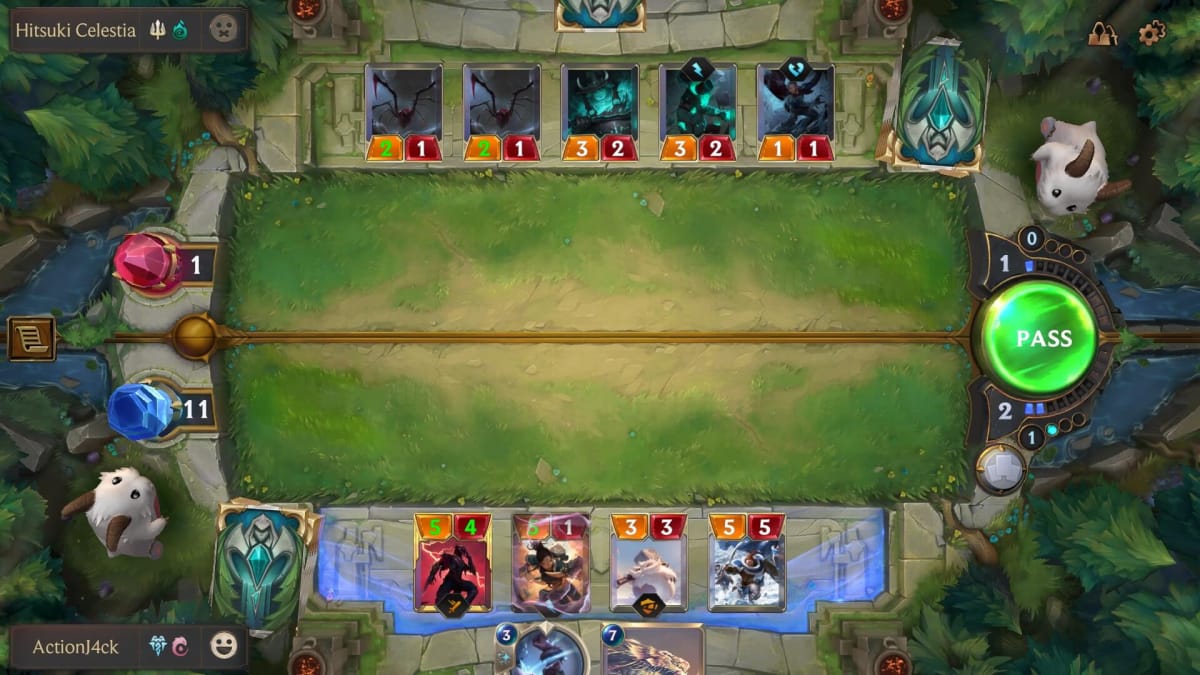
Because of this, LoR is a constant back-and-forth where every action carries weight. I often found myself weighing whether to even summon a unit to the battlefield—despite being able to—knowing that it would then give my opponent the chance to summon one of their own and tip the balance in their favor. This turn system, coupled with smaller mechanics like unit placement, Champions leveling up (more on that later), and preserving spell mana, adds a surprising amount of strategic depth, and a short but fair turn timer prevent the game from dragging on due to the frequent exchange of turns.
Legends of Runeterra's Champions: Who You Gonna Call?
Like League of Legends, Champions play a key role in Legends of Runeterra. Champion cards essentially serve as the face of your deck—they are some of the strongest cards in the game and have mechanics worth building the rest of your deck around. Like other units, Champion cards are summoned to the battlefield and can be used to attack, block, etc. Unlike other units, however, Champions have two forms: they are first summoned into play in their basic form, and when certain Champion-specific conditions are met they will transform into a more powerful—often game-changing—version.
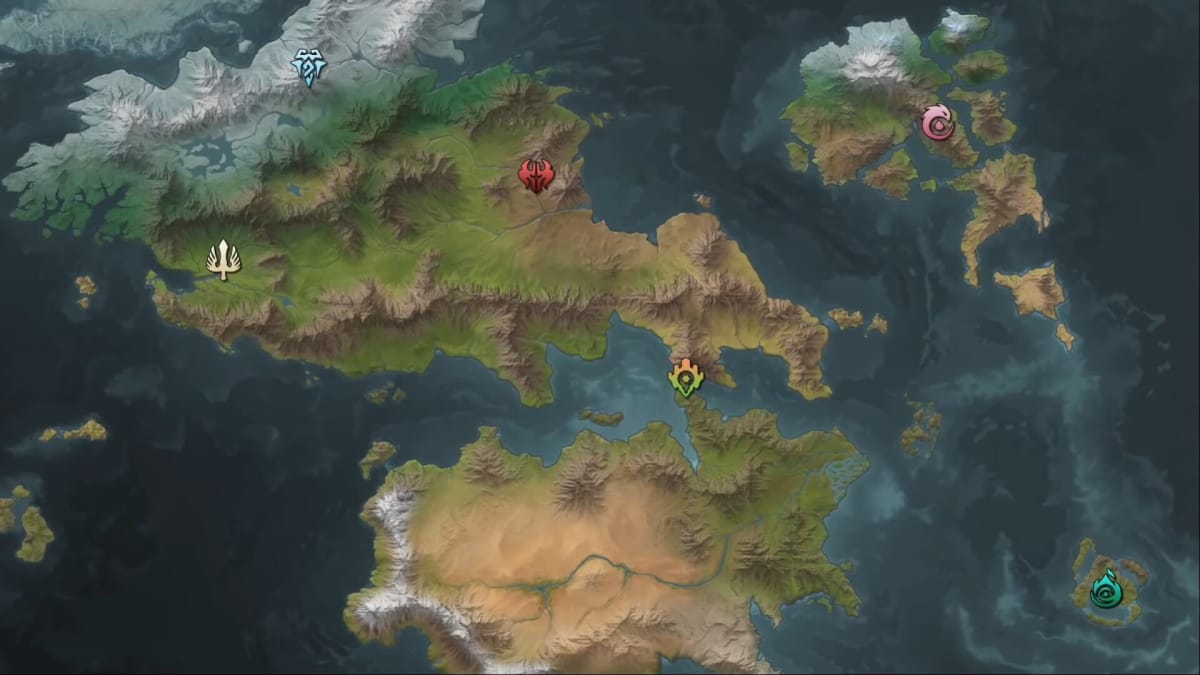
The immaculately-mustachioed Braum, for example, levels up when he survives 10 points worth of cumulative damage, and upon leveling up he gains an ability that summons other units each time he is damaged. So a clever Braum-user would find ways to funnel damage onto Braum to trigger his transformation and take advantage of that ability. The spider mistress Elise, on the other hand, levels up when you control enough spider units at the start of a round, and grants a significant boost to spiders when she does. Legends of Runeterra players will seek to maximize the effectiveness of their Champion cards while mitigating their opponents'.
Although they are indeed powerful, the conditions for reaching their more devastating forms prevent Champion cards from ever feeling unfair. It's rare to be able to level up a Champion immediately after summoning it, and Legends of Runeterra's back-and-forth turn system give players a fair shot at answering that threat before it becomes a menace. Though they're often central pillars of a deck, they are not instant-win cards, and I've seen just as many LoR game won with ordinary units and spells as I have with Champions.
All That Glitters Is Not Epic Rarity
As a game in beta, however, Legends of Runeterra is not without its flaws. My opponent's hand is too small on the screen, which matters if some of they're cards are revealed. When I open a new card capsule, I can't click on the card's details until I go view it in my collection. I can't see how many wildcards of each rarity I have at a glance. I could list more, but in truth, these are all relatively minor UI complaints about an otherwise fantastic experience, and the quality I've seen so far gives me confidence it'll be improved before the full release.
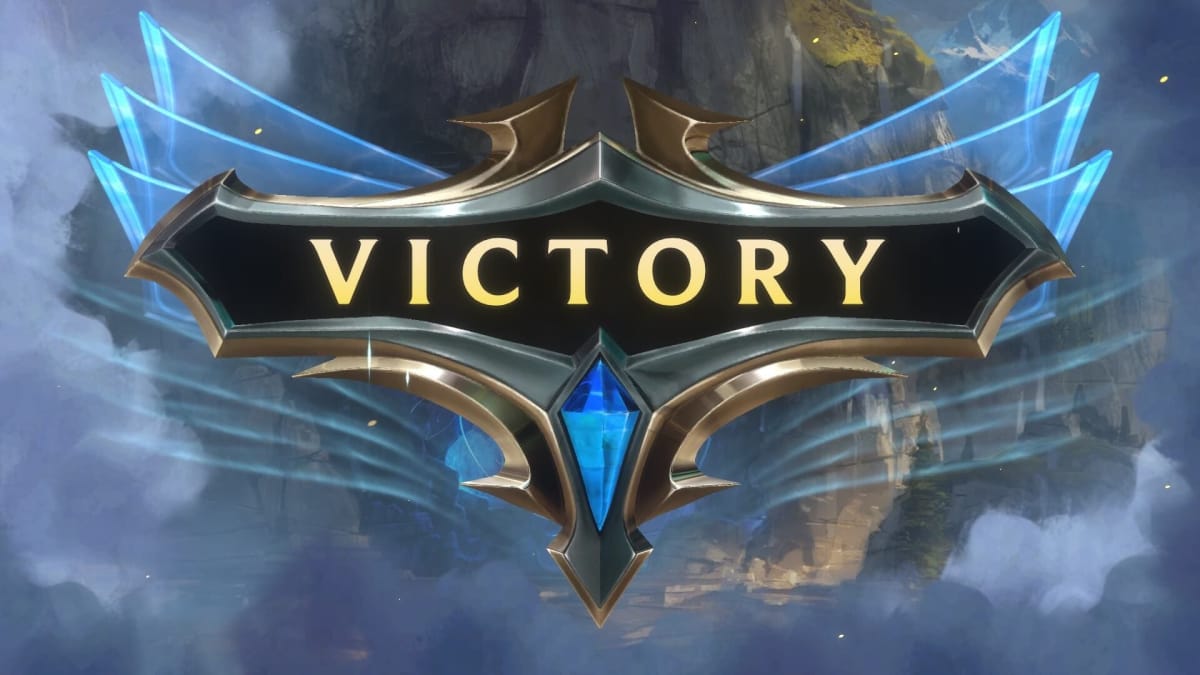
UI issues aside, there's no denying that I'm having a blast with LoR. There are enough familiar mechanics here to be approachable for CCG fans, but with some unique twists that add satisfying depth. Champions are powerful without being annoying, and the constant back-and-forth will keep players on their toes throughout the match. I'm confident that Legends of Runeterra has a bright future ahead of it.
TechRaptor previewed Legends of Runeterra on PC during the ongoing Open Beta program.
Previews you can trust: To ensure you're getting a fair, accurate, and informed review, our experienced team spends a significant amount of time on everything we preview. Read more about how we review games and products.
Have a tip, or want to point out something we missed? Leave a Comment or e-mail us at tips@techraptor.net
